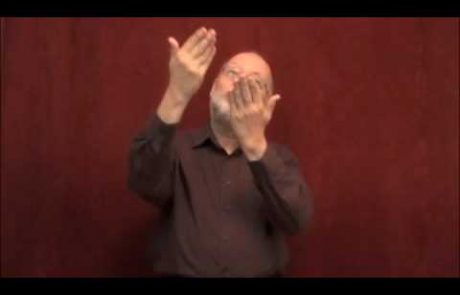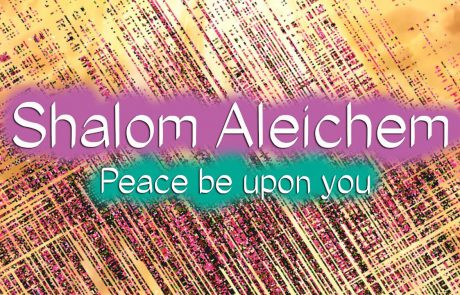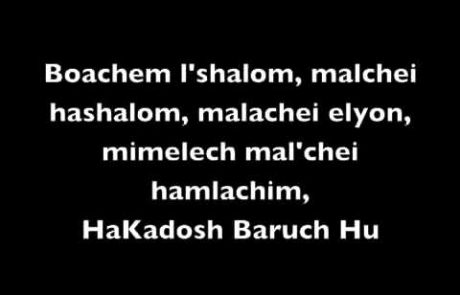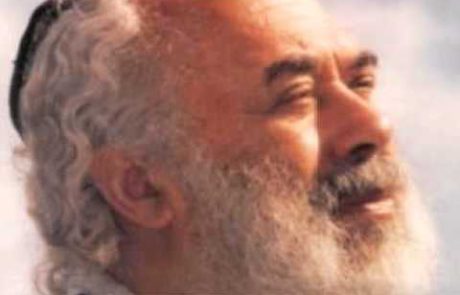Archive for 2017
Ashkenazi Grace After Meals (Audio + Text)
This recording presents the complete Grace After Meals according to Ashkenazi custom, sung with the modern Israeli pronunciation of Hebrew in a slow, clear voice to a popular melody. Performed by Sandy Bernstein, Chazzan
Shalom Aleichem in ASL
This video, presented by interpreter David Bar Tzur, demonstrates how to sign Shalom Aleichem in American Sign Language, which is especially helpful for those who are deaf or hard of hearing and those seeking
Sephardic/Mizrahi Custom: Shalom Aleichem
This video demonstrates the Sephardic/Mizrahi tradition for Shalom Aleichem, which has five stanzas, instead of four, as is the common Ashkenazi custom. The additional verse, “B’shiv-t’chem L’shalom,” translated as “May your rest be for peace,”
Nusach Sefard: Shalom Aleichem
This post includes the Hebrew, English and transliterated texts for Shalom Aleichem according to Nusach Sefard. Nusaf Sefard refers to the various forms of the Jewish prayers designed to reconcile Ashkenazi customs with the
A Creative Lesson Plan to Teach the Grace After Meals to Students
This twelve-part lesson plan from The Lookstein Center for Jewish Education aims to teach middle school students the meaning and purpose of the Grace after Meals, using it as a gateway to conveying the
Alone Time: Why We Usher the Shabbat Angels Out
In this article from Chabad.org, Rabbi Elly Krimsky explores why we bid farewell to the accompanying angels in Shalom Aleichem, focusing on a Chasidic idea that when we are alone we have the opportunity to be
Friday Night & Beyond: Insights on Shalom Aleichem (Plus Text & Audio)
This thorough excerpt from “Friday Night and Beyond” by Lori Palatnik provides meaningful explanations as to why Shalom Aleichem is recited at the beginning of the Shabbat evening meal. Complete with the Hebrew, English and transliterated
Debbie Friedman’s Shalom Aleichem with Onscreen Transliteration
This video presents the operatic soprano, Rowna Sutin, performing Debbie Friedman’s original tune for Shalom Aleichem. Complete with onscreen transliterated text, this video is helpful for those who would like to learn the words
Rabbi Shlomo Carlebach: Shalom Aleichem
This recording of Rabbi Shlomo Carlebach‘s melody for Shalom Aleichem repeats each of the four stanza’s three times, a common custom in many Jewish traditions. Rabbi Shlomo Carlebach (1925-1994), also known as the “Singing
A Feminist Eishet Chayil Poem
In this post, Tamara Cohen, a Jewish feminist writer, activist and educator, shares personal memories of how her mother, a hard-working professional woman and feminist, was gratified to have Eishet Chayil sung to her at










